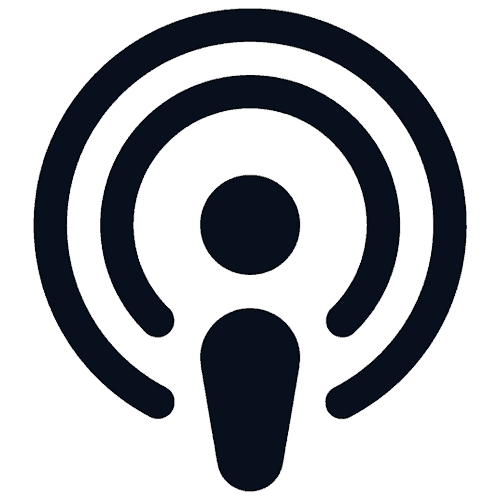In this episode, Owen explores the theories around happiness, meaning and positive psychology.
What’s the point in life?
Two main answers: Meaning vs Happiness
Feeling good vs being good is how Aristotle put it
Arristipus hedonism and aristotle eudaimonism: HEDONISTIC VS EUDAIMONIC
Stoic philosophers remain philosophical… against emotion
Hedonic well-being concerns emotional aspects of well-being, whereas psychological and social well-being, c.q eudaimonic well-being, concerns skills, abilities, and optimal functioning
Science of Happiness
The way that I like to understand happiness involves dividing it into three different types:
Pleasure: temporary good feelings that are physically satisfying
Contentment: An Eastern Philosophy of Happiness based on acceptance and appreciation.
Achievement: A Western Philosophy of Happiness based on achievement and success.
True happiness should balance all three of these.
Strategies for Happiness include suggestions from Lisa Feldman Barret, Positive Psychology, Mindfulness, CBT and NLP
Meaning:
We get meaning from the stories we tell ourselves
Truth/Matrix/4 Agreements dream are all about these ‘stories’ or ‘realities’
The point of life
Victor Frankl’s great book Man’s search for meaning helps us understand this more
There is beauty in pain
We get meaning when we express ourselves, create something, from our relationships and family, We also get it from suffering
Giving = meaning. Taking = happy
Emodiversity helps us.
Positive Psychology
Maslow mentioned it first in his book Motivation and personality… Martin Seligmen focused on it in the late 1990’s
Seligman’s acronym PERMA summarizes five factors correlated with well-being:[34]
- Pleasure (tasty food, warm baths, etc.),
- Engagement (or flow, the absorption of an enjoyed yet challenging activity),
- Relationships (social ties have turned out to be extremely reliable indicator of happiness),
- Meaning (a perceived quest or belonging to something bigger), and
- Accomplishments (having realized tangible goals).
3 Pillars of Positive Psychology: Experiences, Traits, Institutions
Gratitude, Attitude, Visualisation, Savouring, Kindness, Humour, Giving, Resilience,
Flourishing: To flourish is to find fulfillment in our lives, accomplishing meaningful and worthwhile tasks, and connecting with others at a deeper level—in essence, living the “good life”
Mihaly Csikszentmihalyi – FLOW: Where Challenge meets Skills…
HARD + SKILLED, EASY + SKILLED, EASY + NOT SKILLED, HARD + NOT SKILLED
.Suggestions from Lisa Feldman Barrett
Body Budget, Avoid social rejection, Physical Comfort, Yoga, environment
Novel engages Default Mode Network and stop ruminating
Take turns treating friend: Gratitude and giving
Pet, Walks, Hobbies for Stress
Learn more refined concepts about emotions
NEW: Trips, Books, Movies, Unfamiliar food, collector of experiences
Improve Vocabulary
Redefine self
Keep track positive experiences
Give specific feedback to others
Move your body
Change location
Recategorize feeling
Not about you
Recommend reading and resources
The Art of Happiness Dalai Lama
The 4 Agreements Don Miguel Ruiz
How Emotions are Made Lisa Feldman Barrett
Stumbling on Happiness Daniel Gilbert
Learned Optimism Martin Seligman
Stoicism: A detailed Breakdown George Tanner
The Happiness Habit Brian Colbert
Videos:
Podcast: Play in new window | Download





